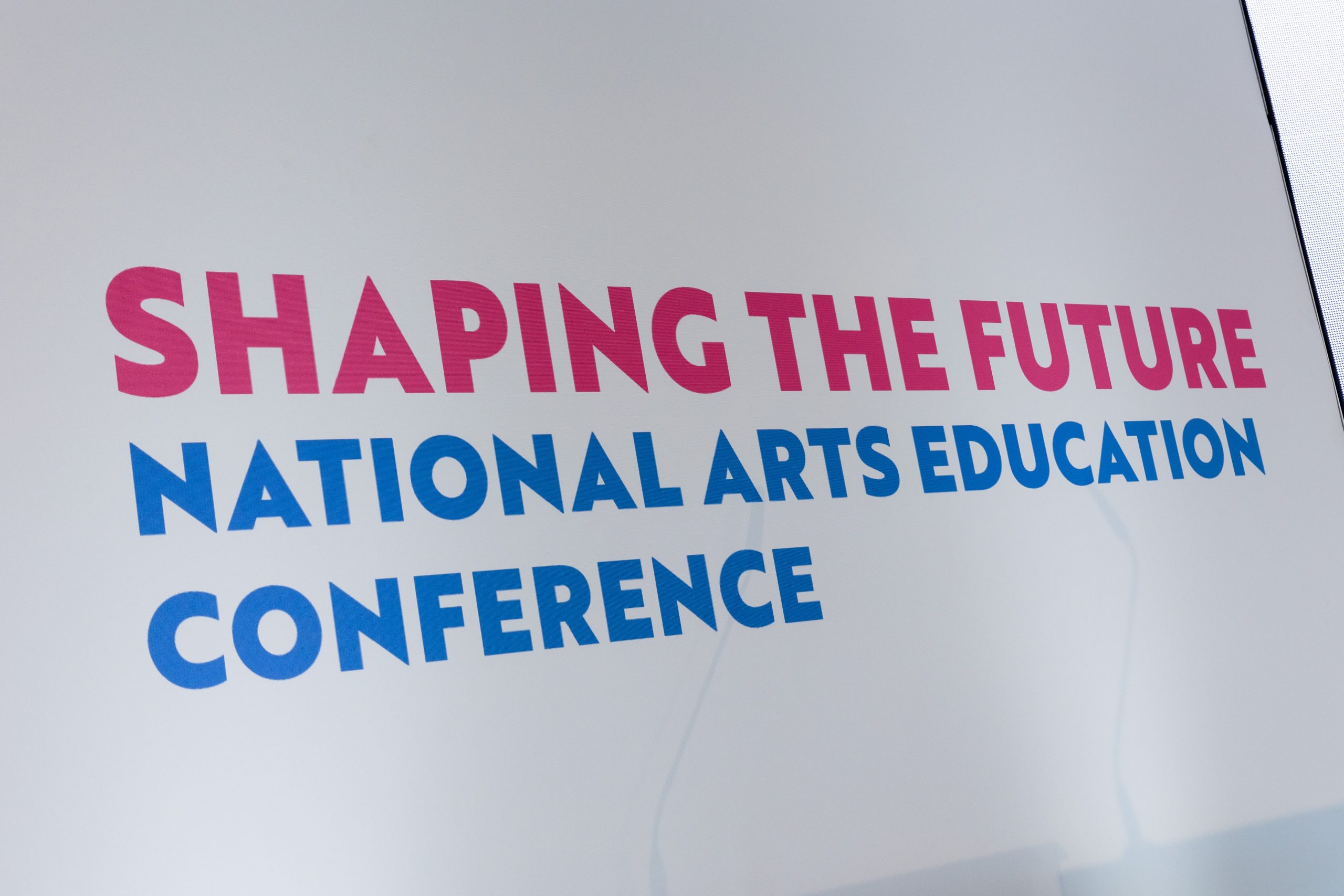Key Learnings to Help Shape Malta’s Cultural Strategy
The first national symposium dedicated to the artistic and creative communities was organised by Arts Council Malta in October. Hundreds of artists, practitioners and creatives gathered in Valletta for a full programme that served as platform for an ongoing discussion about the challenges and opportunities faced by these sectors in Malta, and the international contexts that shape their dynamics.
The symposium was spread over two days and included panel discussions, workshops and keynotes that saw the participation of international and local practitioners and experts in the topics under discussion.
In this post, Arts Council Malta will offer an overview of these learnings, based on the documentation exercised that was carried out throughout the symposium.
Protection of artistic freedoms
The first panel discussed the status of artist rights and freedoms from both an international and a local perspective. Censorship of artists in certain countries, as discovered by the 2021 Freemuse report, was discussed at length.
From a local perspective, a number of action points were identified to help support artistic freedom. These included collaboration with the media, as well as an educational effort to raise awareness about the importance of such freedoms among the public.
Panellists recommended funding not only for the arts, but also for cultural and advocacy organisations, while calling for transparency in the process.
Ensuring sustainability in the arts
The second panel discussed the significance of sustainability within the context of the arts, stressing the importance of a permanent approach, rather than basing sustainable strategies on one-off events. Participants noted the importance of placing focus on mapping economic and social values to make informed decisions leading to sustainable, resilient policies.
Cultural investment needs to be appreciated as an investment in an entire ecosystem that promotes the wellbeing of society across the board.
The right to culture and accessibility
The third panel discussed cultural rights and the wider context in which they may be implemented. Reference was made to the current, prevalent system that places value on endeavours resulting in a financial yield, rather than cultural activities.
Panellists also put strong importance on giving the widest possible interpretation to the right to culture, stating that this relates to all forms of self-expression and includes accessibility and participation. The right to culture needs to be discussed in the context of human rights, while recognising that it pertains to all communities and ethnic groups and should thus be equally accessible to all.
Access to resources, professionalisation, internationalisation and entrepreneurship
The State of the Arts symposium also hosted a number of workshops dealing with different themes that ranged from access to resources to well-being, education and development, professionalisation, internationalisation and entrepreneurship.
Access to resources – Those considering artistic practice have access to a range of tools, including financial, social, educational and infrastructural resources. Policymakers need to facilitate access to these resources as emerging artists may find the process challenging.
Well-being in artistic practice – This area has the potential to result in more energetic creative industries, and thus needs to be prioritised in a holistic manner. Artists are encouraged to approach the topic with honesty, especially in identifying areas that may require self-improvement.
Education and professional development – More opportunities for specialised training are needed in order to shift the prevalence of artists pursuing this as a secondary profession rather than as their main source of income. This challenge arises mostly due to the geographical limitations of Malta. The Ministry for Education needs to incorporate this approach within the general curriculum framework to ensure exposure to the arts, while stronger investment is needed for specialised schools like The Malta Visual and Performing Arts School.
Internationalisation – Speakers discussed the need to place this at the centre of Malta’s cultural policy, given our geographical constraints, while noting that Arts Council Malta facilitates international cooperation via new funding models, networking opportunities, export research, toolkits and training. This is essential for artists to alleviate the burdens of accessing international networks.
Professionalisation – One of the biggest challenges in this regard is the prevalence of short-term projects. There is a strong sense of community within the industry, which is characterised by cross-collaborations, favourable fiscal incentives and high transferability of skills. Limited audiences, budgets and lack of support from the private sector remain the biggest challenges.
Entrepreneurship – Artists embarking on a professional project also need to acquire ancillary skills that are necessary for the success of any business. These include project management, a degree of financial prowess, risk assessment, digital skills and leadership skills.
Looking to the Future
The State of the Arts Symposium spurred a much-needed conversation between artists, practitioners and the country’s cultural stakeholders. These documented outcomes will help inform the guiding principles employed by Arts Council Malta in the shaping of future strategies, as part of a continuing journey to strengthen the sustainable development of the cultural and creative industries. Arts Council Malta will be following up on the State of the Arts Symposium in October 2023.
ACM would like to thank all Symposium speakers and workshop leaders for their contribution to these outcomes as well as the rapporteurs for documenting the discussions: Sean Borg, Mark Cachia, Christa Callus, Daniel Darmanin, Michael Farrugia, Althea Valletta Troisi and Francesca Zammit.

